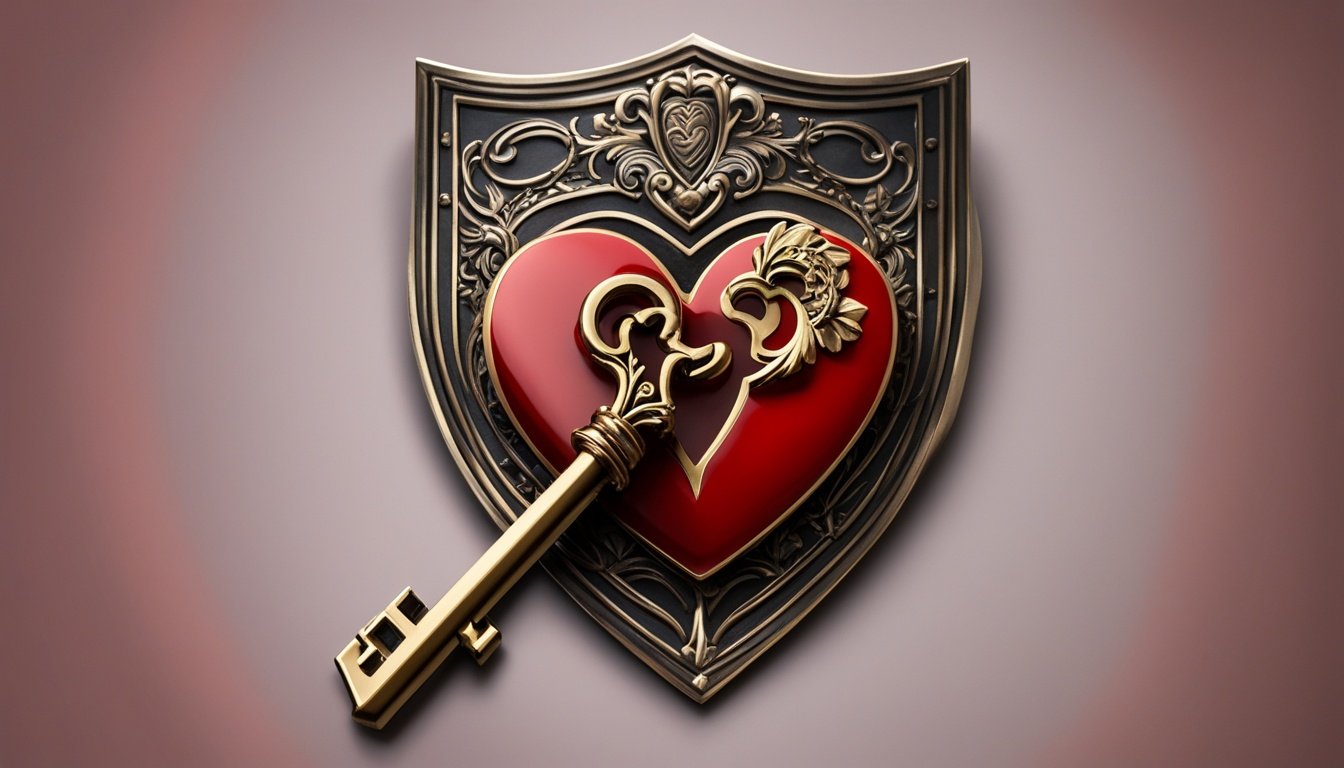About 50-70% of guardianship and conservatorship cases have the same person handling both roles. They are accountable to the court. This shows how complex these legal proceedings are1. When someone can’t manage their affairs, the court may appoint someone to help. This is called guardianship or conservatorship.
These arrangements protect vulnerable people. They make sure their financial and personal matters are taken care of.
Guardianship or conservatorship is often needed when a family member is seriously ill or injured. It’s also needed when a child with special needs turns 18, which makes up about 20-30% of cases1. Around 60-80% of these cases are for elderly people with Alzheimer’s disease or dementia1.
Families often set up these legal protections for aging loved ones because of cognitive decline and dementia. This makes up about 40-50% of requests1.
Key Takeaways
- Guardianship is generally appointed for minors, while conservatorship is for adults.
- Conservatorships provide a higher level of court oversight and protection for the conservatee.
- The process of establishing a permanent conservatorship typically takes around six months.
- Conservatorship involves various legal fees, including attorney, court filing, investigator, and conservator costs.
- Proper advance planning, such as a durable power of attorney, can help families avoid the need for a guardianship or conservatorship.
Understanding Guardianship and Conservatorship
Guardianship and conservatorship are legal setups where the court helps protect people who can’t handle their affairs on their own2. They are often for the elderly or people over 18 with disabilities2.
What is Guardianship?
A guardian is chosen by the court to make decisions for someone who can’t do it themselves2. This guardian is often a family member or someone the person trusts2. Guardianship is for people who can’t make choices because of mental or physical issues, like dementia or Alzheimer’s2. It covers both personal and money matters.
What is Conservatorship?
Conservatorship deals with the money matters of someone who can’t handle their finances but can still make personal decisions2. A conservator is picked by the court to take care of things like bank accounts and bills3. The court decides if someone needs a full or limited conservatorship based on their financial situation3.
| Guardianship | Conservatorship |
|---|---|
| Covers both personal and financial matters | Focused solely on financial affairs |
| Typically for incapacitated individuals | For adults who can no longer make sound financial decisions |
| Guardian is a responsible party, usually a family member | Conservator is appointed by the court to manage finances |

At times, a guardian and a conservator can be the same person, known as a plenary guardianship2. They can also apply for government benefits like Medicaid or Social Security2. But, they can’t make a will for the person, as that’s estate planning32.
The Guardianship and Conservatorship Process
Starting a guardianship or conservatorship begins with a petition to the court. This is usually done by a family member, friend, or a public official4. The court then picks an investigator to check if the person needs a guardian or conservator4. This check includes talking to the person, looking at their medical records, and collecting evidence4.
Initiating Proceedings
The case goes to court, where a judge decides if the petition is granted and who will be the guardian or conservator4. It’s important to talk about the legal guardian’s duties with the person chosen for the role. This process is complex and the duties are big4. Sometimes, a temporary guardianship is needed for a short time to take care of a child. This can be done through court or with a letter of guardianship4.
Court Investigations and Hearings
The guardian or conservator must follow strict rules and report back to the court on the person’s well-being and money matters4. It’s important to know the laws in your state about guardianship and conservatorship4. Some states use guardianship for both minors and adults, while others use it for personal and financial decisions4.

In some places, there’s a limited conservatorship for adults with developmental disabilities4. This includes limited conservatorship of the person and estate4. Guardians make decisions and take care of a minor5. Conservators handle the money matters of an adult who can’t make decisions on their own5.
In some areas, guardianship and conservatorship are the same thing5. Guardianship is for minors until they turn 185. Conservatorship is for adults who can’t make decisions on their own until the conservatorship ends5. Conservators are often family or close friends. Their choices are checked by the courts to stop misuse5.
“It is crucial to discuss the responsibilities of legal guardianship with the designated person, as the process can be complex and the duties extensive.”
Getting legal advice is a good idea when choosing a guardian or conservator. The process is complex and the duties are big5. To protect the person, it’s key to know the laws and steps in your state6.
Responsibilities of Guardians and Conservators
Guardians and conservators play a key role in looking after people who can’t make their own decisions. Guardians handle personal care, like where they live and their health care. They also make decisions about end-of-life care7. Conservators manage the person’s money, paying bills and handling investments7.
Both guardians and conservators must act with the best interests of the person in mind. They report to the court often and get approval for big decisions7. This includes selling property or placing someone in a care facility7.
As people get older, they often need guardianships and conservatorships more. This is because aging can bring health issues like dementia or Alzheimer’s8. People with disabilities may also need help for their health and money matters8.
- Guardians take care of the person’s daily needs and make decisions to keep them safe and healthy8.
- Conservators handle the person’s money, including bills and investments8.
Guardians and conservators must be very careful in their duties. They ensure the person’s well-being and protect their rights7. Courts check on them to make sure they’re doing the right thing7.
In summary, guardians and conservators have big responsibilities. They need to care deeply for the person they’re looking after. By doing their jobs well, they help vulnerable people live good lives78.,
| Guardianship Responsibilities | Conservatorship Responsibilities |
|---|---|
| Personal care, day-to-day decision making, health, safety, legal decision making, and encouraging self-reliance | Managing financial matters, including paying bills, government assistance, taxes, bank accounts, investments, budgeting, and overseeing spending |
| Ensuring the ward’s well-being and safeguarding their rights | Fulfilling fiduciary duties with care and diligence |
“Guardianships and conservatorships are critical safeguards for vulnerable individuals, but they must be implemented with the utmost care and consideration for the protected person’s rights and autonomy.”9
As more people age and need help, guardians and conservators will play an even bigger role8. Knowing what these roles involve helps families make good choices for their loved ones789.,,
Guardianship and Conservatorship: Weighing the Pros and Cons
Guardianship and conservatorship have both good and bad sides. They mainly protect people who can’t make decisions on their own10. They make sure these individuals are safe and their needs are met10. But, they can also be expensive and take a lot of time, taking away some freedom and privacy10. Also, getting court approval for big decisions can be slow and costly10.
Benefits of Guardianship and Conservatorship
Guardianship and conservatorship are key for protecting those who can’t decide for themselves11. They help people like minors, seniors, and those with developmental disabilities get the care they need11. Guardians and conservators can handle important matters like health care, money, and where someone lives, keeping them safe from harm10.
Potential Drawbacks
Guardianship and conservatorship have downsides too. The legal process can be long and expensive, which can be hard on the person or their family10. They can also take away someone’s freedom and choices, as someone else makes decisions for them10. There are also worries about privacy since the court looks over many parts of their life10.
When thinking about guardianship or conservatorship, families need to look at both sides to make the best choice for their loved one10. Knowing about the legal steps, the guardian or conservator’s role, and other options like Supported Decision-Making can help make this choice10.
“Guardianship and conservatorship are not taken lightly, but rather when there are no other alternatives available.”10
Conclusion
Guardianship and conservatorship are key legal tools for protecting people who can’t handle their affairs on their own12. They make sure incapacitated adults have someone trustworthy making decisions for them, in both personal and financial areas. Yet, these arrangements have downsides, like high costs and a loss of independence for the person being protected13.
If you’re thinking about these options, talk to a skilled lawyer, like those at Super Attorneys Of Irvine (949-996-9546). They can help you figure out what’s best for your loved one14. For more details, check out businesslawyersirvine.com.
With the right planning and understanding of the law, you and your family can make sure the right steps are taken to protect the legal capacity and well-being of incapacitated adults. By working with experts in guardianship and conservatorship law, you can go through these complex legal steps with confidence. This way, you can make sure your vulnerable loved ones are taken care of.
FAQ
What is the difference between guardianship and conservatorship?
How does the process of establishing a guardianship or conservatorship begin?
What are the responsibilities of a guardian or conservator?
What are the benefits and potential drawbacks of guardianship and conservatorship?
Where can I find more information about guardianship and conservatorship?
Source Links
- https://www.brattonlawgroup.com/faqs/what-are-the-differences-between-guardianships-and-conservatorships/
- https://matuslaw.com/guardianship-vs-conservatorship-in-new-jersey/
- https://keystoneelderlaw.com/understanding-guardianship-and-conservatorship-a-comprehensive-guide/
- https://www.legalzoom.com/articles/conservatorship-vs-guardianship
- https://www.metlife.com/stories/legal/conservatorship-vs-guardianship/
- https://supremecourt.nebraska.gov/administration/public/guardianship-and-conservatorship-information
- https://www.elderlawanswers.com/guardianship-and-conservatorship-12096
- https://speightslaw.com/faqs/what-you-should-know-about-guardianship-and-conservatorship-in-georgia/
- https://eckberglammers.com/rights-and-responsibilities-for-a-guardian-or-conservator/
- https://hhs.iowa.gov/media/10481/download?inline=
- https://www.araglegal.com/individuals/learning-center/topics/caring-for-others/guide-to-conservatorships-guardianships
- https://smartasset.com/financial-advisor/conservatorship-vs-guardianship
- https://smithlegacylaw.com/life/guardianships-conservatorships/
- https://alabamaguardianship.org/2024/05/01/when-is-guardianship-or-conservatorship-necessary/

